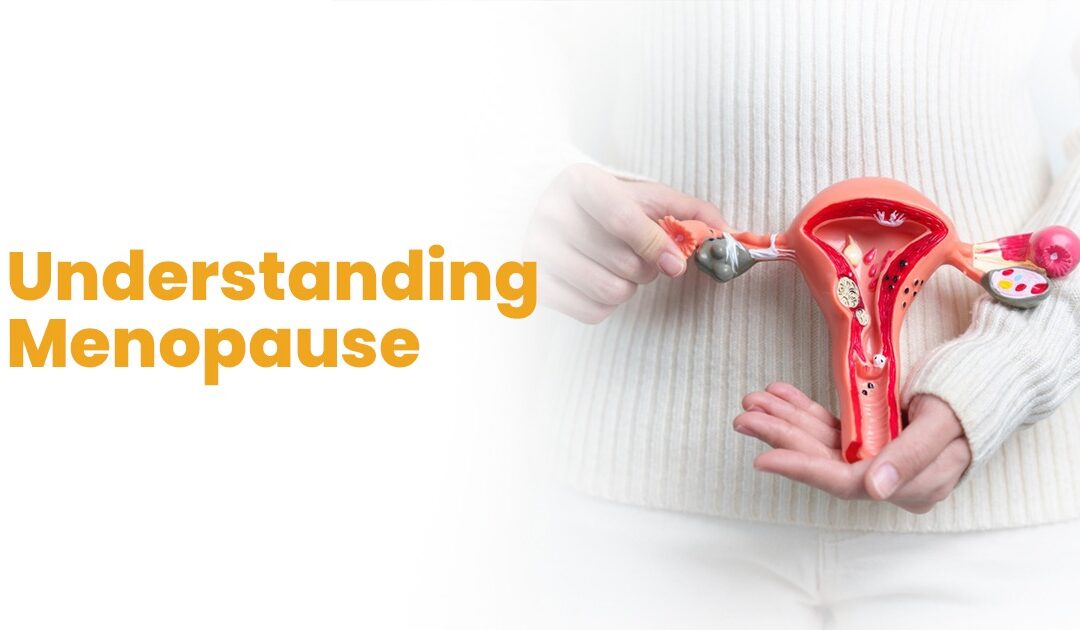Menopause occurs when your menstrual cycles come to an end. It is detected when you have missed your menstrual cycle for 12 months. Menopause can begin in your 40s or 50s. Menopause is a normal biological process. However, menopause’s physical and mental symptoms, like hot flashes, can disrupt your sleep, diminish your energy, and have an impact on your emotional health. There are numerous effective therapies available, ranging from lifestyle changes to hormone therapy.
What are some symptoms to look out for?
Signs and symptoms, such as changes in menstruation, can differ between women. Period skipping is typical and expected during perimenopause. Menstrual periods frequently skip a month and then return, or they skip several months and then resume monthly cycles for a few months.
In the months or years preceding up to menopause (perimenopause), you might encounter the following indications and symptoms:
- Periods are irregular
- Vaginal dryness.
- Hot flashes
- Chills
- Sweating throughout the night
- Sleep troubles
- Mood alterations
- Weight gain and slower metabolism
- Thinning hair and dry skin.
- Reduced breast fullness
Some causes of menopause include:
- Natural decline of reproductive hormones
- Surgical removal of the ovaries
- Radiation and chemotherapy
- A primary ovarian insufficiency
Periods are skipped during perimenopause, which is usual and anticipated. Menstrual periods frequently skip a month and then return, or skip several months before resuming monthly cycles for a few months. Periods also tend to occur in shorter cycles, bringing them closer together. It is possible to become pregnant despite having irregular periods.
While missing periods for a year indicates menopause, the path generally begins with variable cycles. Hot flashes and sleep problems can be inconvenient, but they are a normal occurrence. Consult your doctor; effective treatments such as lifestyle adjustments and hormone therapy are available to help you thrive in this new phase.

